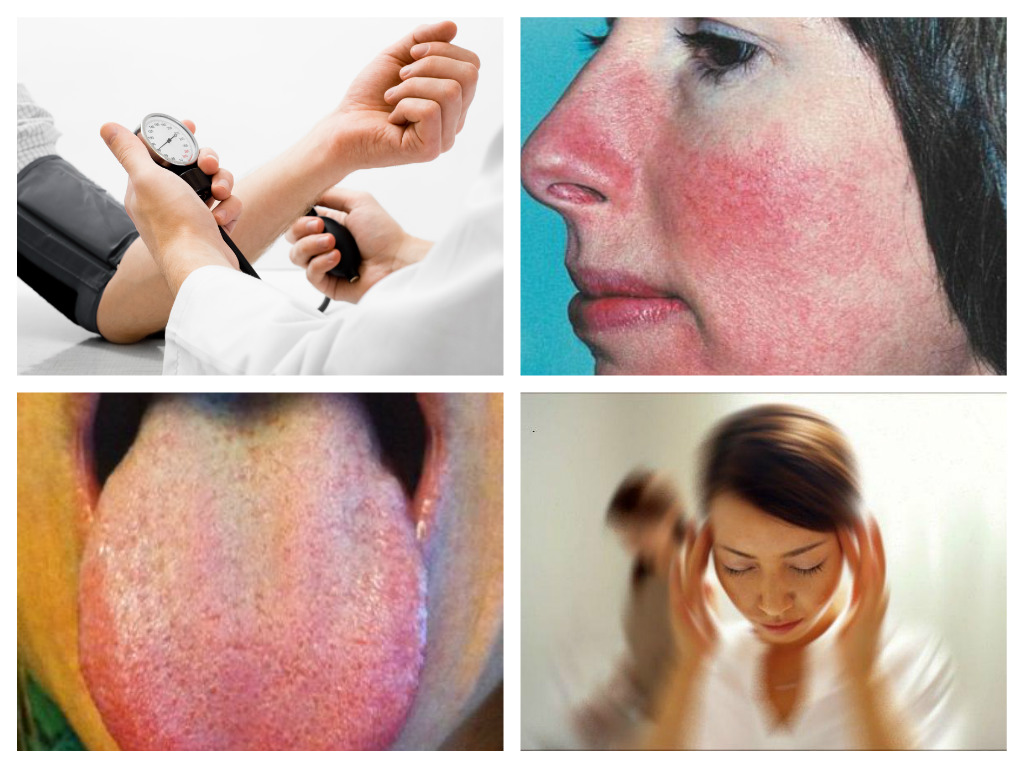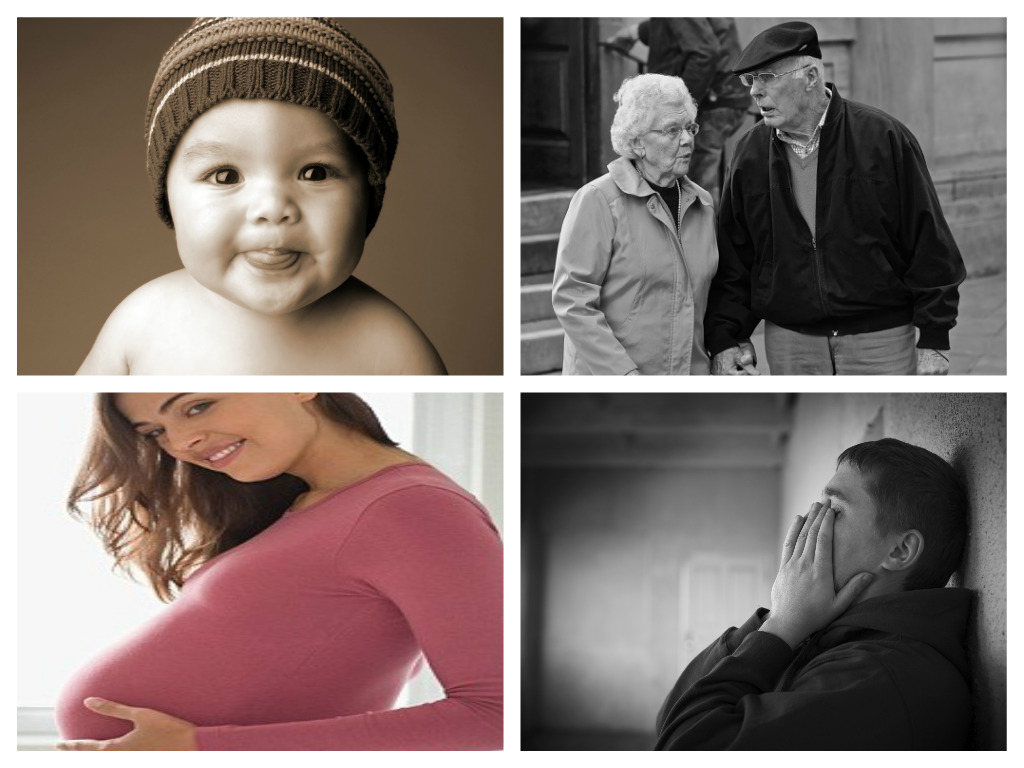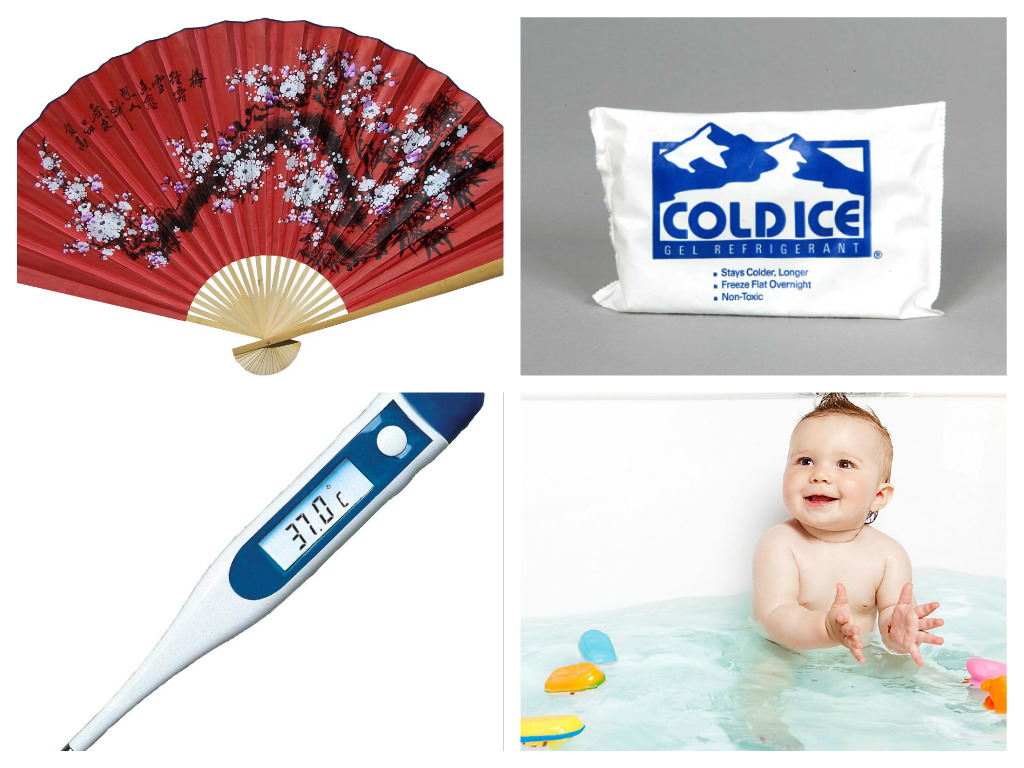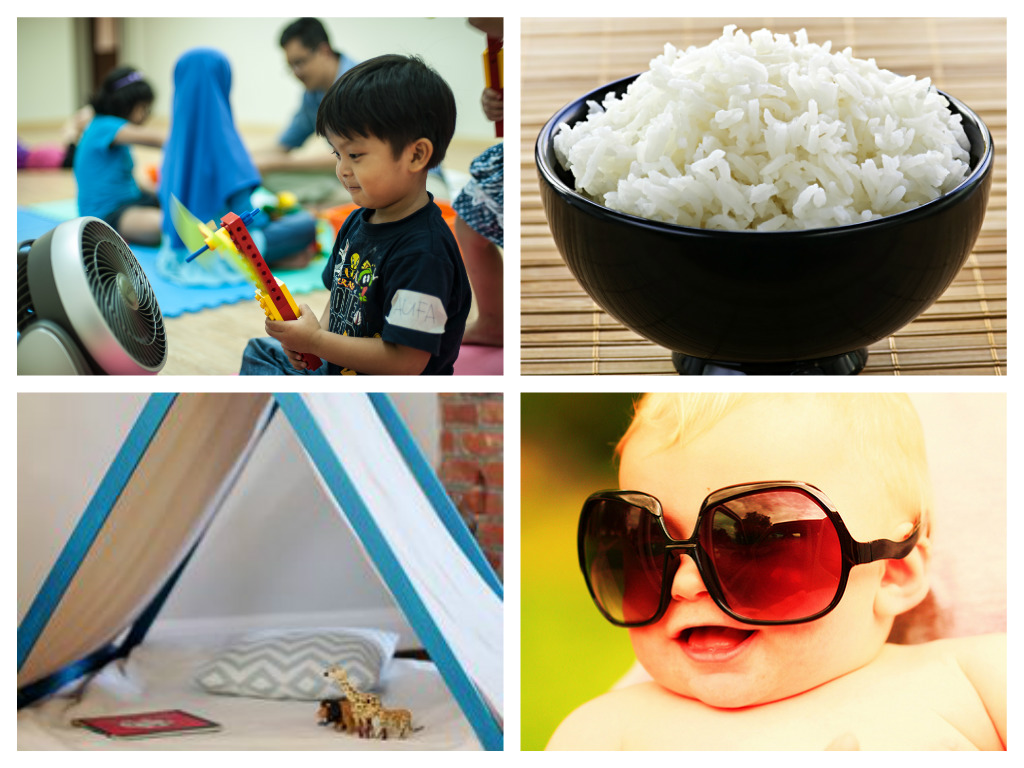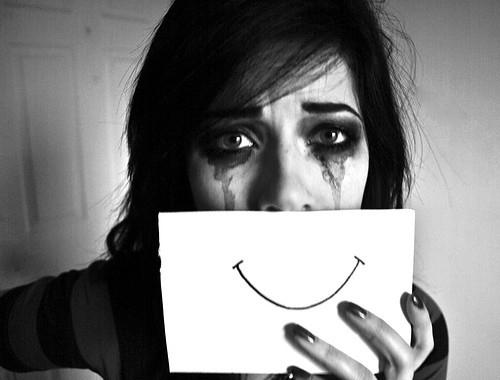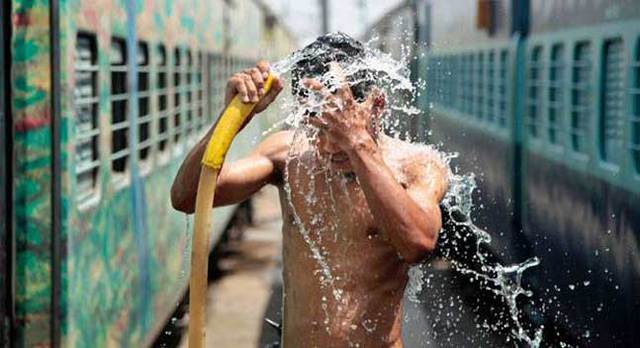A heat-stroke occurs when body becomes dehydrated and the body temperature rises above 45.5C.
People Most At Risk:
Though anyone and everyone is prone to the heat stroke these days – the people more likely at risk are:
-The elderly (people over 65) -Babies and young children -Pregnant and nursing mothers
-People with existing medical conditions (Heart disease, high blood pressure and lung disease)
-People on medication for mental illness
Symptoms For Heat Stroke:
-Very High Blood pressure
-Red, hot and dry skin (Without sweat)
-A dry and swollen tongue
-Rapid pulse
-A throbbing head-ache
-Dizziness, confusion and nausea
-Eventual unconsciousness
What To Do If Someone Suffers The Heat-Stroke:
-Wet their skin with water or wrap in wet cloths after removing as much clothing from their body as possible or give them an ice bath
-Fan continuously
-Do not give the person fluids to drink
-Position an unconscious person on their side and clear their airway
-Apply ice packs to the patient’s armpits, groin, neck and back (These areas are rich with blood vessels and close to the skin so cooling them may reduce body temperature)
-Monitor their body temperature and continue cooling efforts until body temperature drops below 38C.
(Note: poorly ventilated or confined areas, or engaging in vigorous physical activity in hot weather increases the risk of dehydration and heat strokes)
Heat-Stroke Prevention:
-Make sure you dress yourself and your kids in “minimal, loose-fitting and lightweight clothing”
-Drink plenty of fluids (Avoid making them fast at least for this week till the temperature drops)
-Take regular showers more than once a day
-Keep the environment as cool as possible – keep curtains drawn and minimal light
-Be extra careful while administering any medicines since they may have certain harmful side effects (including causing dehydration)
-Never stay in a parked car or any confined space without proper ventilation
-Replace fatty foods with low fat alternatives
-Keep out of the sun
-Avoid using any heat radiating devices such as hair-straightners and hair dryers
-Limit your physical exhaustion by limiting physical activity
-Try to stay away from kitchens and laundry rooms
These are simple things that can help prevent your from suffering from heat strokes that can prove fatal.
 Also See: Common Things You Do At Iftaar That Can Cause Death!
Also See: Common Things You Do At Iftaar That Can Cause Death!
 Also See: 7 Ways You Can Boost Your Energy Levels When You’re Fasting
Also See: 7 Ways You Can Boost Your Energy Levels When You’re Fasting

